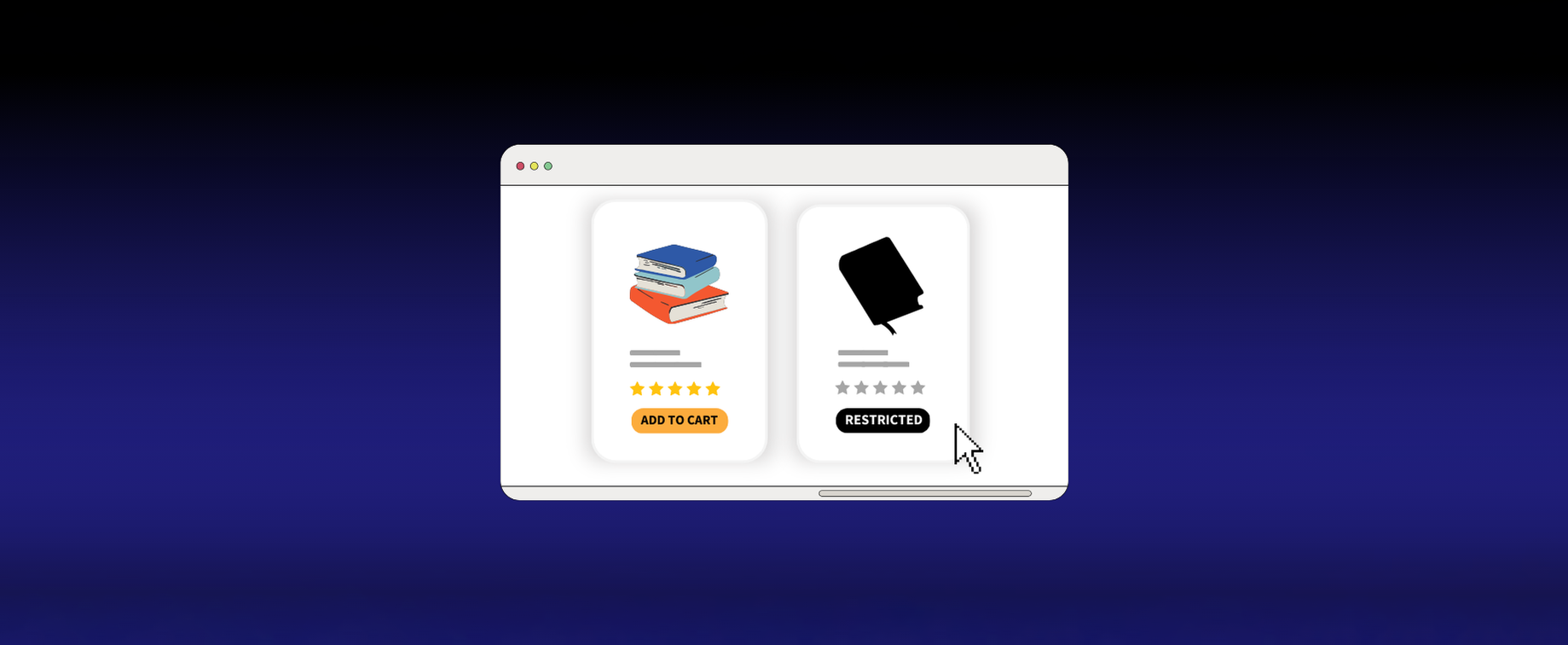7iber Conducts Jordan’s First Internet Governance Research Project
In June 2013, Jordan’s Press and Publications Department initiated a ban on all Jordanian news websites that have not registered and been licensed by the government agency. 7iber was among the more than 300 news websites blocked as a result of this initiative. Since its website was blocked, 7iber has been working with lawyers and other media groups to challenge the law and has used the opportunity to raise awareness about Internet filtering and freedom of expression.
Jordan’s Press and Publications Law, first proposed in 1998, was amended in August 2012 to extend to digital media restrictions that have long been in place on print, radio, and television news. Among the restrictions are stories deemed insulting to the royal family, publications that promote sentiment antithetical to the Jordanian nation or “Arab-Islamic values,” and anything that might incite sectarian conflict or violence. The amendments effectively granted the government the power to block any website it deems to be in violation of the above provisions without obtaining a court order. The amendments also established the liability of publishers and website owners for the comments their readers post.
7iber develops content to raise awareness about Internet security, surveillance, and censorship circumvention in Jordan and the Middle East more broadly through initiatives such as its Wireless blog. 7iber has organized multiple public sessions with the aim of discussing Internet issues with lawyers, cyber crimes experts, and activists working on Internet freedom and online freedom of expression.
It aims to map the scope of control of the Jordanian government, the private sector, and civil society over the Internet within its various physical and virtual layers. As part of the Cyber Stewards Network and partly inspired by the recent blocking of its website, 7iber has been working on the first-ever research project on Internet governance in Jordan. The project explores the roles of different stakeholders in shaping the state of Internet governance in Jordan and their impact on digital rights.
7iber’s research will analyze the implications of the jurisdiction of relevant physical and virtual entities on the fundamental rights of Jordanian netizens defined in the International Bill of Human Rights, mainly: the freedom of communication; the freedom of association; and the freedom to seek, receive and impart information and ideas without interference by public authorities regardless of frontiers and through any medium, freedom from surveillance and intrusion into one’s private life and social and political activities.
